Everyone dreams of having long, flowing hair. If your hair isn't looking like Rapunzel's, we have a small beauty secret for you: hair oils.


Hair oiling is an ancient Ayurveda process that includes applying oil into the hair and scalp, massaging it in, and leaving it on for a few hours or overnight before washing it away. The operation has a long and rich history, and is still widely used today.
Recently, interest in it has grown due to media and social media portrayals of the surgery. Even a lot of your favorite beauty influencers are sharing their experiences with oiling their hair, and they are anything but bad.
Learn more about the benefits of oiling your hair, the various types of oils that are available, and the practice in the paragraphs that follow.
Benefits of hair-oiling
Similar to our skin, the health and happiness of our hair depend on a good balance of oils. The main goal of hair oiling is to replace any vitamins or minerals that your hair may have lost due to regular washing.
Encourages hair growth
Physical and psychological benefits of hair oiling include increased blood flow (which can help with hair strength and growth) and stress reduction. Studies suggest that red ginseng oil, peppermint oil, and rosemary oil in particular can encourage the growth of new hair and prevent hair loss. Even massaging the scalp can make hair thicker.
Prevents breakage and damage to your hair
If you regularly oil your hair, you'll start to notice that it feels stronger and shines more. Your hair will be nourished and protected right down to the innermost layers of the shaft if the correct oil is applied to it. In addition to getting protection from damage from your blow dryer, flat iron, or other styling tools, you'll enjoy less breaking.
Helps improve scalp health
A healthy scalp generally equates to healthy hair. This isn't always the case, though. Products (especially those containing silicone) can sometimes make hair seem healthy even if product buildup or other factors are keeping your scalp from operating efficiently. Consuming coconut oil in particular, according to recent studies, may be advantageous to the scalp microbiota. It can provide your body with the essential vitamins and amino acids required for producing healthy hair. This could aid in dandruff prevention.
Enhances the look of split ends
Even if you haven't gone to the salon in a while, you can still manage those split ends. Apply some natural oils to the ends of your hair to help them seem visibly neater and to provide some hydration. However, bear in mind that this is only a temporary fix.
Can shield your hair from sunlight
Heat damage may be caused by more than just straighteners and curling irons. It's essential to shield your hair from the sun's rays to avoid it being overly dry or frizzy over time. According to studies, almond oil's moisturizing properties may create a shield against the sun's UV rays.
How to oil your hair?
For damp hair:
Applying hair oil to wet hair is the most effective way to cure damage and dryness since slightly moist strands are more absorbent by nature. Think about it like this: Sponge that is completely dry takes longer to absorb spilt liquid. A moist sponge, on the other hand, is ready for absorption and can usually clean up a spill more rapidly. The same applies to your hair.
Applying hair oil on damp hair
- To clean, use a shampoo without detergent.
- To get rid of the additional moisture on your head, use a microfiber towel.
- Working a few drops of oil into damp hair, giving close attention to the mid-shaft and ends.
- Blot or air-dry your hair.
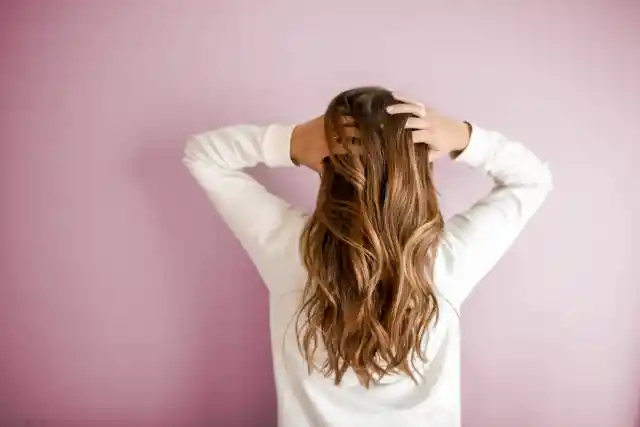

For dry hair:
Using hair oil to dry hair works best if you want to address specific surface or texture concerns, such as reducing frizz or disguising damage. The oil adds shine and smoothness right away since it rests on the top of your strands rather than soaking in.
To apply hair oil on dry hair:
- Use your fingertips to massage your scalp with oil in a circular motion.
- Put the oil that is still on your hands in your hair.
- Overnight, cover with a towel or shower cap.
- Shampoo your hair the next day while it is still dry. Thoroughly rinse.
- Condition your hair.
What oils to use?
Do a quick patch test to make sure you don't have an allergy to that kind of oil before you convert your entire head into an oil slick.
Here is some information on just a handful of the several oils available.
Coconut oil
Using hair oil to dry hair works best if you want to address specific surface or texture concerns, such reducing frizz or disguising damage.
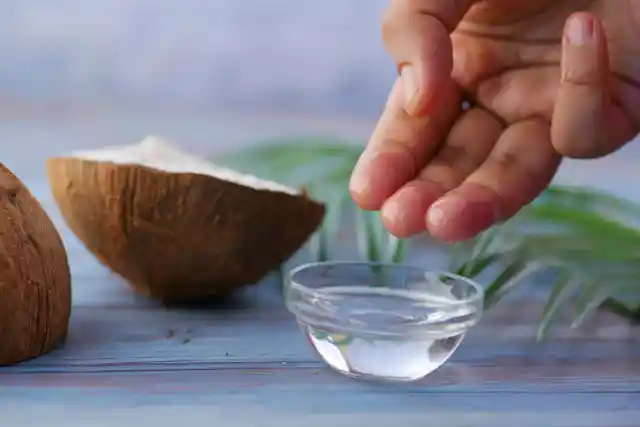
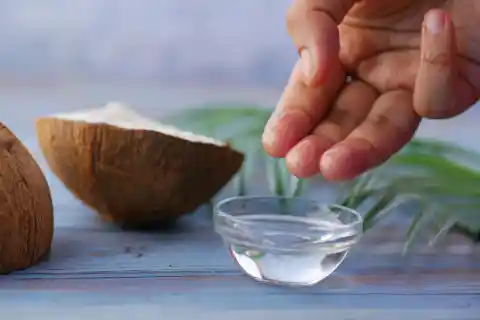
The oil adds shine and smoothness right away since it rests on the top of your strands rather than soaking in.
Almond oil
If you have really greasy hair, almond oil can be a better choice because it is a lighter alternative coconut oil. It has B, K, and E vitamins. Vitamin E can encourage hair development and lessen oxidative stress on your locks.
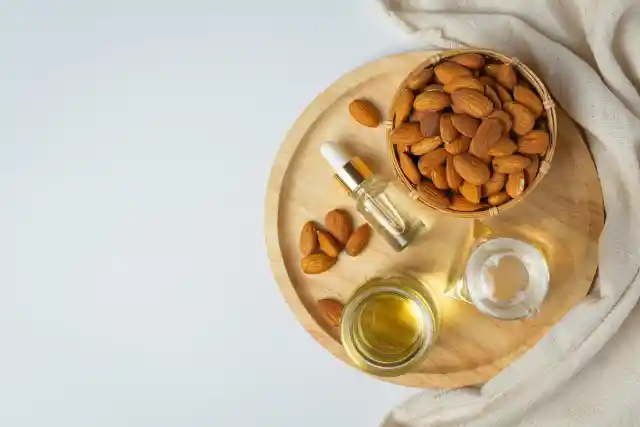
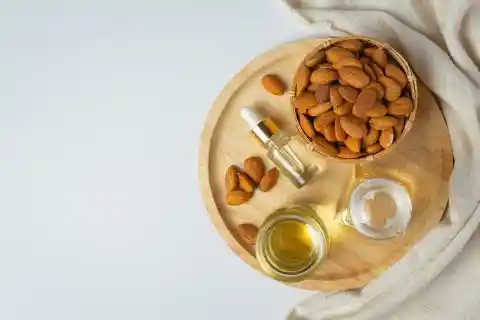
Another important supplement for hair care is biotin, one of the B vitamins. Although there aren't many research on topically applied use, it might improve hair health and growth.
Rosemary oil
Using rosemary oil, according to certain research, encourages hair development. Rosemary oil helps get rid of the fungi and germs that could lead to an unclean scalp.
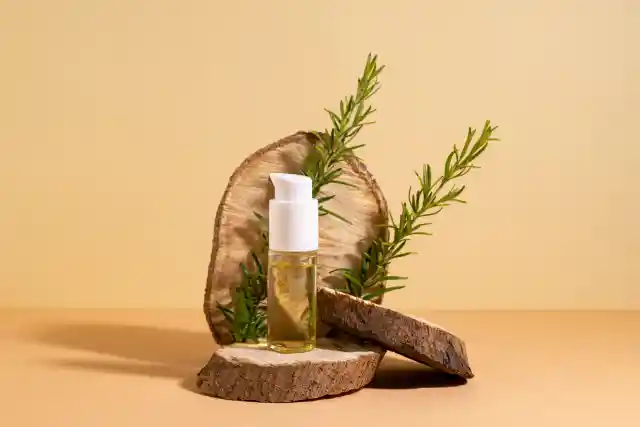
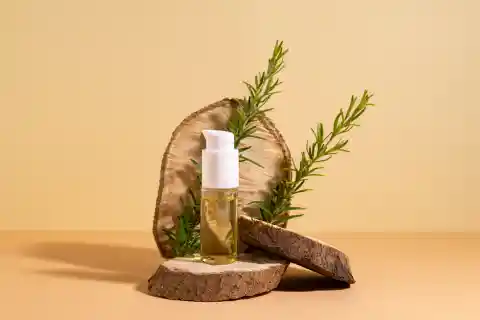
Thus, rubbing rosemary oil over your scalp is definitely worthwhile if you've been seeing hair loss.
Sesame oil
For hair that is prone to breakage, dandruff, frizz, or dryness, sesame oil may be helpful. It is abundant in minerals like calcium, phosphorus, copper, iron, magnesium, and zinc that might renew your scalp.
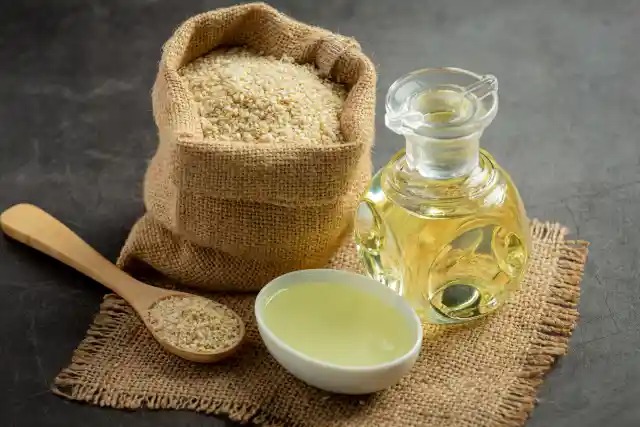
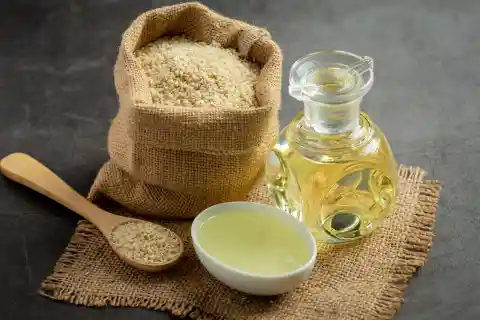
Sesame oil also has antibacterial and antifungal properties that may be useful for treating unpleasant dandruff.
Argan oil
Argan oil has become so well-known for its wide-ranging transformational abilities that it is occasionally referred to as "liquid gold."
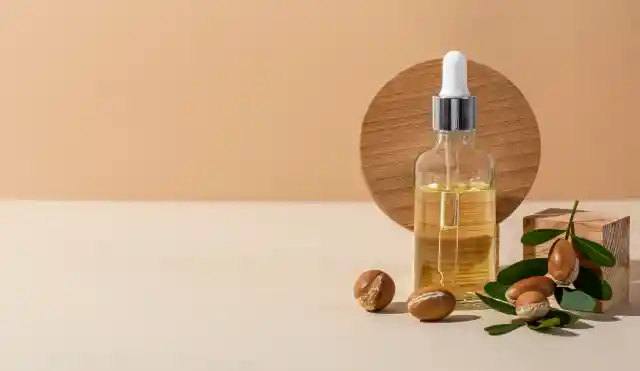
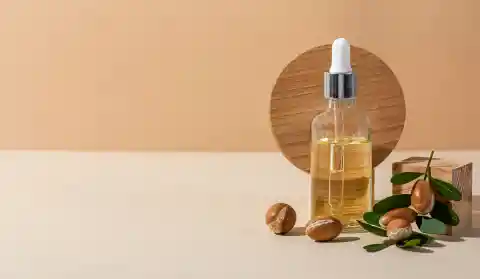
Argan oil, which is rich in vital fatty acids, vitamin E, and antioxidants, hydrates and softens hair. It decreases frizz, increases hair elasticity, and even calms an irritated, dry scalp.